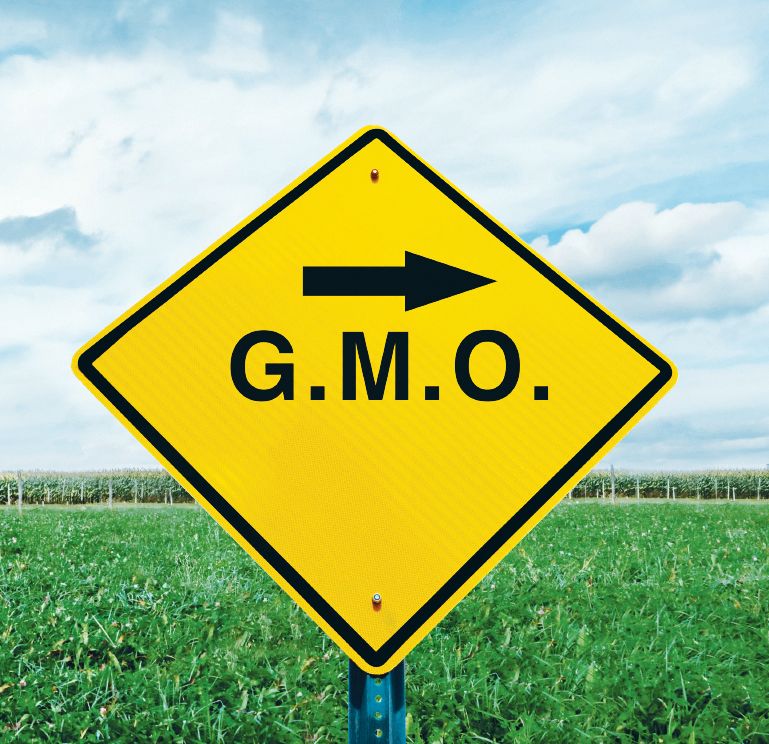Vermont Inches Closer to GMO Labeling; Will Not Wait for Other States
“The Green Mountain State” could soon be the third state to approve mandatory GMO labeling.

* Updated 4/4/14, 2:00 PM PST
Vermont could soon become the third state to approve mandatory GMO labeling, joining Connecticut, which approved a bill this past December, and Maine, which signed its bill this January. Unlike the bills in Connecticut and Maine, Vermont’s bill does not include a “trigger clause” that would require other states to pass similar laws before it can become law.
According to pro-GMO-labeling group Vermont Right to Know GMOs, on April 3, Vermont’s Senate Judiciary Committee unanimously voted to move bill H.112 forward. The bill’s next steps are to the Appropriations Committee next week, followed by a Senate vote. If ultimately passed, H.112 would require GMO labeling starting July 1, 2016.
Vermont lawmakers say they anticipate the law will meet litigation from pro-GMO supporters. As such, H.112 includes a provision to create a monetary fund for litigation.
Also, according to Vermont Right to Know GMOs, “The Appropriations Committee will look at how to create a fund for individuals to contribute to help with implementation of the law. This fund will give people the opportunity to contribute towards the bill’s legal defense, but will not act as barrier for the bill going into effect. Any money contributed will only strengthen and supplement the funds used by the Attorney General.”
What are the implications if Vermont strides ahead with its own law, while other states hang back due to the trigger clause?
"I think it only helps the cause for pro-GMO labeling," says attorney Justin Prochnow of Greenberg Traurig (Denver, CO). "I think the momentum of having some states pass [laws] will help push [for a] federal [GMO labeling law]. It will take several or more states enacting unqualified laws [laws that aren't in full effect yet due to the trigger clause] before the federal law gets momentum; once companies have to start having different labels for different states, the push for federal legislation will increase."
Also read: GMO-Labeling Laws: Why the Trigger Clause? Why did California and Maine pass GMO-labeling laws that only become effective once other states pass their own GMO-labeling laws? Do those laws help or hurt the GMO-labeling cause?
Jennifer Grebow
Editor-in-Chief
Nutritional Outlook magazine jennifer.grebow@ubm.com
HHS announces restructuring plans to consolidate divisions and downsize workforce
Published: March 27th 2025 | Updated: March 27th 2025According to the announcement, the restructuring will save taxpayers $1.8 billion per year by reducing the workforce by 10,000 full-time employees and consolidating the department’s 28 divisions into 15 new divisions.
DOJ asks Utah court to dismiss FTC lawsuit against Xlear Inc.
March 11th 2025On March 10, the DOJ and the defendant filed a stipulation to dismiss with prejudice the lawsuit in which each party agrees “to be responsible for its own costs and fees and agrees that no party shall be responsible to any other party for any fines, costs, fees, or penalties arising from this case.”





